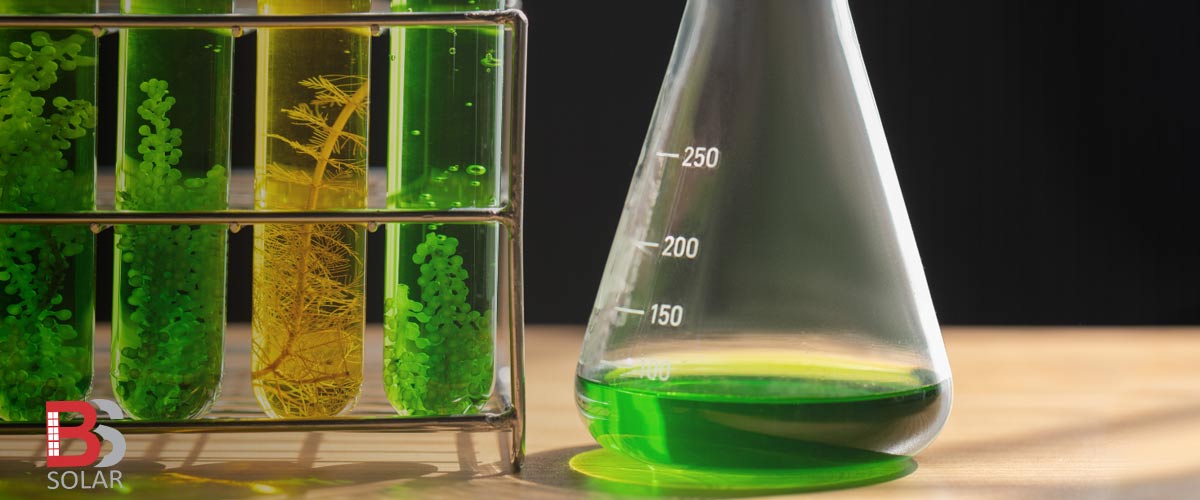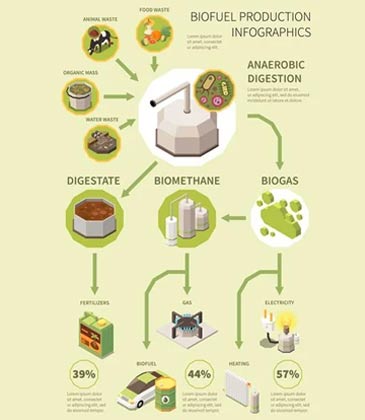
Bio Fuel Energy Solutions in Pakistan
Biofuel energy, derived from organic materials such as plants and waste, plays a crucial role in promoting clean energy and mitigating environmental impact. Biofuels are produced through processes like fermentation or chemical reactions that convert biomass into liquid or gaseous fuels.
One notable advantage of biofuels is their potential to reduce greenhouse gas emissions, as the carbon dioxide released during combustion is offset by the carbon absorbed during the plants’ growth. This closed carbon cycle makes biofuels a more sustainable alternative to traditional fossil fuels.
What We Offer?
Why Choose Us?
Biofuel is a type of renewable energy derived from organic materials such as plants, crops, or waste. Unlike traditional fuels, biofuels are produced from sustainable and often locally sourced biomass, reducing carbon emissions.
Common biofuels include biodiesel, bioethanol, and biogas. Biodiesel is derived from vegetable oils or animal fats, bioethanol from crops like corn or sugarcane, and biogas from organic waste through anaerobic digestion.
Biofuels have a lower carbon footprint compared to traditional fossil fuels because the plants used in their production absorb carbon dioxide during growth, offsetting emissions when the biofuel is burned.
Yes, many biofuels can be used in existing vehicles and infrastructure without modification. For example, biodiesel can be blended with conventional diesel, and bioethanol can be blended with gasoline.
The cost-effectiveness of biofuels depends on various factors, including feedstock prices, production efficiency, and government incentives. In some cases, biofuels can offer competitive pricing compared to traditional fuels.
First-generation biofuels are produced from edible crops, while advanced biofuels are made from non-food sources such as algae, agricultural residues, or waste. Advanced biofuels are considered more sustainable and have a lower impact on food production.
Biofuels can be produced from organic waste materials through processes like anaerobic digestion or thermochemical conversion. These processes break down the waste into biogas or bio-oil, which can then be refined into biofuels.
Yes, biofuels, particularly biogas and bio-oil, can be used for heating and electricity generation. Biogas can be burned for heat or electricity, while bio-oil can be used in boilers or converted into electricity.

Benefits of Bio Fuel Energy
We specialize in consulting in choosing and actually installing doing the of both full-cycle batteries.
- Versatile Biofuel Options
- Reduced Carbon Footprint
- Customized Solutions
- Local and Renewable Resources
- Economic Opportunities

